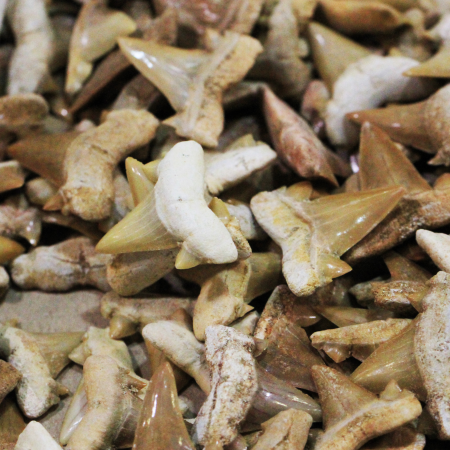Fossil collecting is a fascinating hobby that has captivated people for centuries. From amateur enthusiasts to professional paleontologists, the search for fossils can be an exhilarating experience that offers a glimpse into the past. If you're interested in starting your own fossil collection, here are some tips to help you get started.
-
Do your research Before you begin your fossil hunting journey, it's important to do some research. Learn about the types of fossils you can find in your area, as well as the laws and regulations surrounding fossil collection. Some areas may have restrictions on collecting, so it's important to check with local authorities first.
-
Know where to look Fossils can be found in a variety of places, including beaches, cliffs, quarries, and even your own backyard. Look for areas with exposed rock, as this is where fossils are most likely to be found.
-
Invest in the right equipment Having the right equipment can make all the difference in your fossil hunting experience. A good hammer, chisel, and brush are essential tools for extracting fossils from rock. A magnifying glass or loupe can also be helpful for examining small details.
-
Practice proper techniques When collecting fossils, it's important to use proper techniques to avoid damaging the specimen. Take your time and work slowly, using gentle taps with your hammer and chisel. Use a brush to remove loose dirt and debris, being careful not to scratch the fossil.
-
Preserve your fossils Once you've collected your fossils, it's important to preserve them properly. Store them in a cool, dry place to prevent deterioration, and avoid exposing them to direct sunlight. If you're unsure how to preserve a specific type of fossil, consult a professional for advice.
Fossil collecting is a rewarding hobby that can provide a window into the past. With a little knowledge and the right tools, you can start your own collection and discover the wonders of the prehistoric world.

